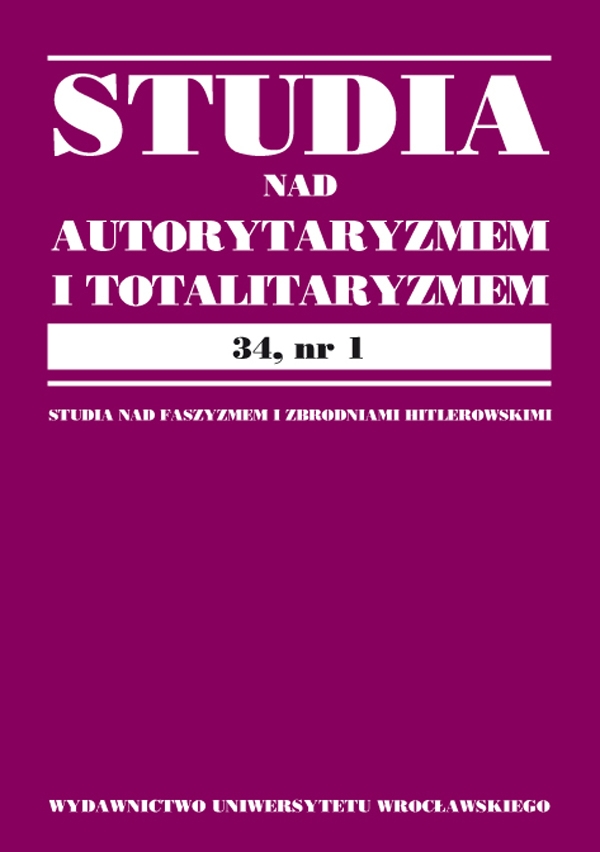

Articles

AUTOCRACY VERSUS CONSTITUTIONALISM. THE DILEMMAS OF SHAPING THE RUSSIAN CONSTITUTIONALISM DURING THE YEARS 1905–1917
The paper presents the basic principles of the constitutions of the Union of Soviet Socialist Republics adopted during the existence of this state in the years 1917–1991. On the basis of fundamental ideas of the constitutions, the author depicts an image of the so-called Soviet constitutionalism under volatile conditions ranging from the pure revolutionary state to the more classical form of political and legal system presented in the constitutional form. The article concerns specific features of the Soviet constitutionalism, distinguishing it from the classical constitutional models. To a limited extent, the paper also concerns the difference between the theory and practice of the first state of workers and peasants and the first utopia in power, as the Soviet state was described by the scholars of the subject.
In the last sphere, the author underlined, in particular, the evolution of legal nihilism, the utopianism, or a rule of exclusion of rights of a certain category of citizens, introduced in the first Soviet constitution, and abolished, de iure, in 1936. On the other hand, however, the paper focuses on the continuity of such principles as specific structure of the power of state, common work obligation, or a legal possibility of dismissing certain „parliamentary” representatives at any time. The author also emphasises the fact, that, despite the will and the concept of the totality of power, the so-called Soviet constitutionalism failed to create a new system of the performance of power, and after the collapse of the USSR, from the constitutional perspective it was rejected by the enactment of a new constitution, which happened in the former Soviet Union as well as in the countries of a similar political order.